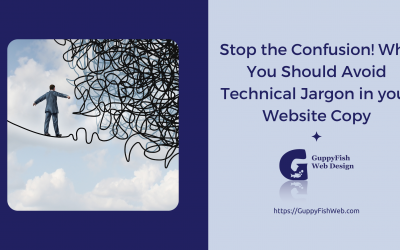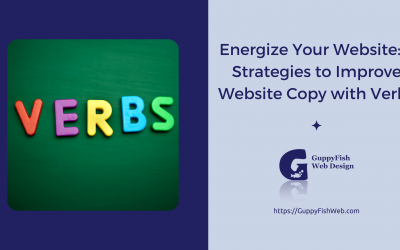In my dealings with professionals in many areas, I hear a lot of people talk about their websites. One comment seriously sticks out for me. When I heard someone say, “Websites don’t even work.” I was taken aback. I decided then and there to address this on the blog. So let’s talk today about website effectiveness.
Does it make sense to have a website in 2020?
We’ve talked about this before, but your website is the only part of your organization that never sleeps, goes on vacation, or gets sick. In fact, no other person who works with you can say that, so you should regard it as your most valuable employee.
Here’s the bottom line. If you don’t have a website, you lose business. Period. Google averages 40,000 searches PER SECOND, and many of those searches are for specific businesses. If that isn’t an argument for website effectiveness, I don’t know what is. So if people Google your business and don’t find a website, you lose credibility. In fact, they may wonder if your business still even exists.
What about social media?
I know a lot of businesses rely on Facebook for their web presence, and this is a great place to start. As I outlined in another post, however, it’s dangerous to rely only on Facebook for your web presence. Not everyone is on Facebook, people take a break from it, and you don’t own it. They can (and do) change the rules for business pages whenever they want. A better strategy? Use social media to drive traffic to your website, where you control the user’s experience.
Measuring Website Effectiveness
I don’t think the question is whether or not you should have a website. We’ve established that you should. The question you should ask is this: Does your website help advance the goals of your organization?
I’ve seen so many business owners who build a website simply because they know they need one. In many cases, they turn to website builders simply to check off that box and be able to say that they have one. Once they can say they’ve checked the box, they leave the website unattended to collect virtual dust. Sadly, this can be almost as bad as not having one at all.
Traits of an Effective Website
At the very least, your website should have the following in order to help your organization move forward:
- Business Info – Why should people do business with you? What sets you apart? How long have you been in business? Let people know why they can trust you as the best choice to meet their need.
- Lead Generation – For proper website effectiveness, you should have a place, ideally with a lead magnet, where people can enter their email addresses.
- Contact Information – Visitors should be able to contact you easily with your website, whether it’s by a contact form, email address, or phone number.
- Location and Operating Hours – If your website represents a physical business, make it easy for people to find you. Ideally, you should include this on every page of your site, like the footer.
When you hear someone say that websites don’t work, chances are that means they don’t have the RIGHT website with the right features. Weigh in using the comments below, and keep swimming along!




0 Comments